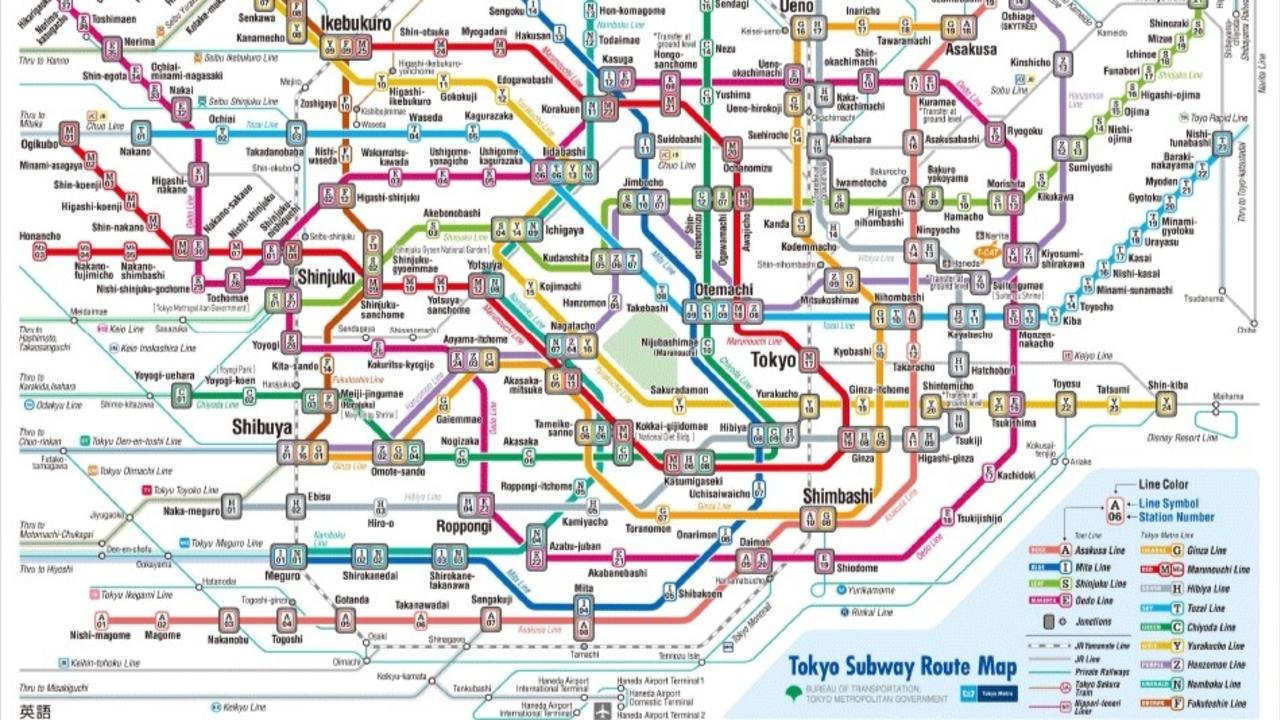Going From Complex to Clear with Frameworks

As leaders, we spend a lot of time explaining things. Very often those things get lost in translation which results in squandered time and money while also causing frustration amongst team members.
I have yet to find anything more valuable than the use of frameworks to quickly communicate concepts and processes. At its most basic, a framework is a simple structure that represents the “how” of a process that leads to a result. (Bonus points for being able to illustrate it visually!)
Two key words above are “simple” and “result”. I have seen more than one framework that looked like the map for the Tokyo Metro. Unless your audience is all engineers, you’re not likely to get a positive response. You need to begin by breaking it down into the essential steps. If you have a tendency to get lost in detail, just going through this exercise is an excellent way to force yourself to identify what truly matters.
As for result, it needs to follow a logical structure that builds in stages until you reach a desired outcome. Though that sounds obvious, it is not uncommon for those that obsess about process to lose sight of the need for it to ultimately achieve something.
And what if you don’t achieve the desired outcome? There should be an aspect of your framework that addresses that possibility as well.
For further reading, this article from Saleforce goes into more detail on the process of building your own frameworks. And this great blog post from Josh Bernoff on why frameworks matter.
Subscribe to our newsletter for Health Care Leaders and get a FREE copy of our book!
We don't email often.
When we do, we contribute value.
If you don't see the value, we make it easy to unsubscribe.

